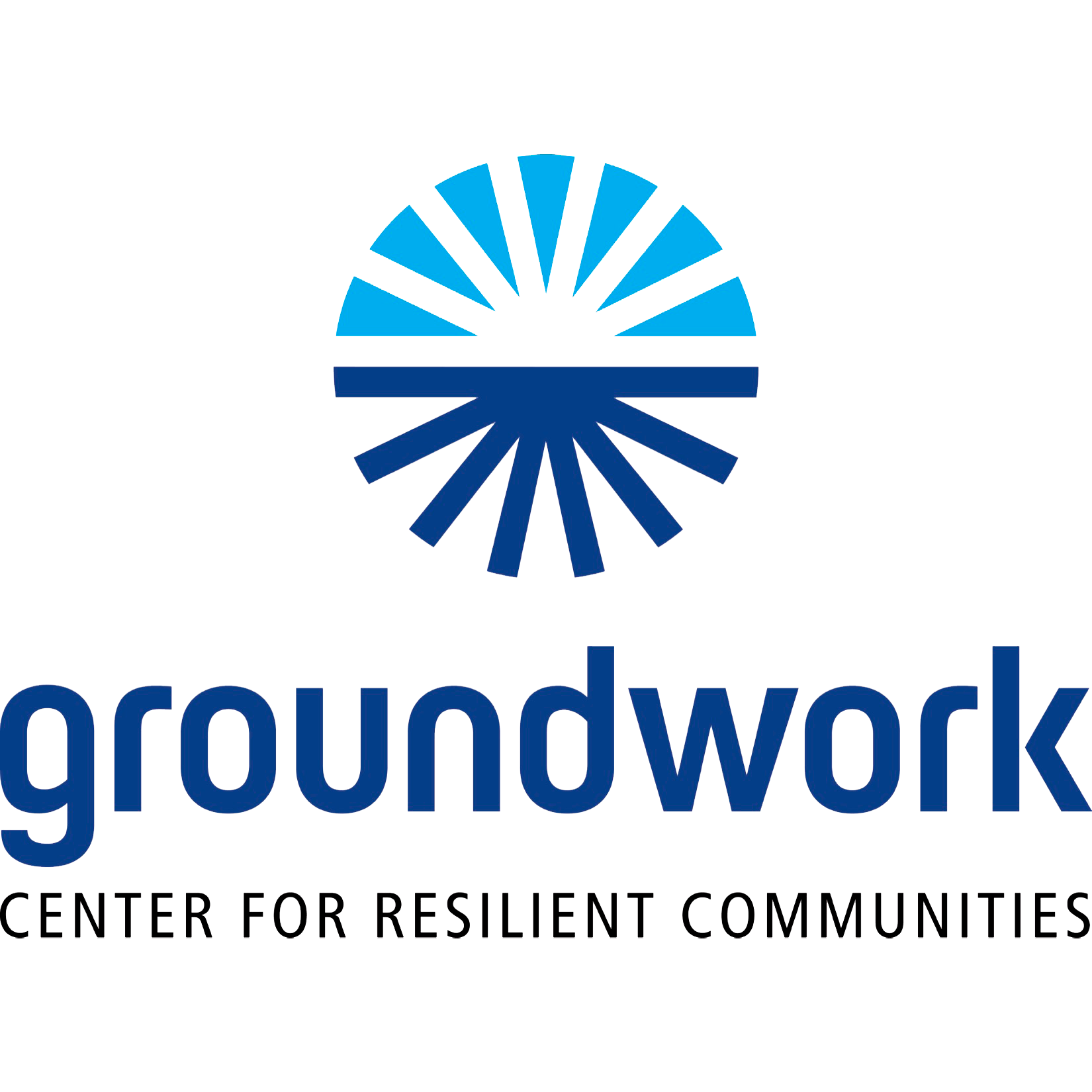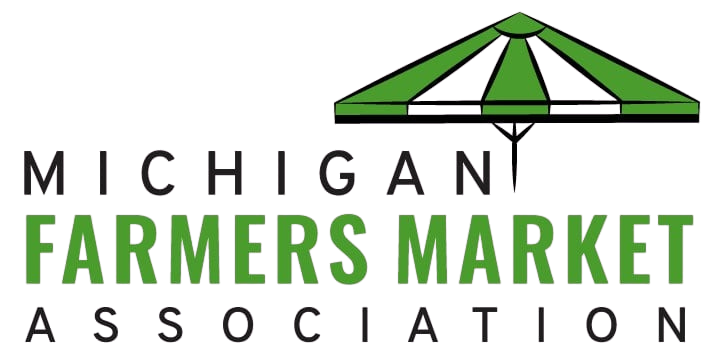
Registration for the 2026 Farm Stop Conference is now open!
We will hold the third National Farm Stop Conference February 12-15, 2026 in Ann Arbor, Michigan.
Events will include:
Opening Reception: Thursday, February 12
Farm Stop Conference: Friday and Saturday, February 13-14
Farm Stop School: Sunday, February 15
Register below to attend the 2026 Farm Stop Conference and meet with policy makers, farm stop owners, operators, and farmers from across the country to share best practices and inspire each other!
We’re so excited to share best practices and create a community of farm stop operators again in 2026!
We have a full slate of exciting programming planned for this year’s conference! Check out the exciting presentations and workshops scheduled here and register now to join us in Ann Arbor!


























